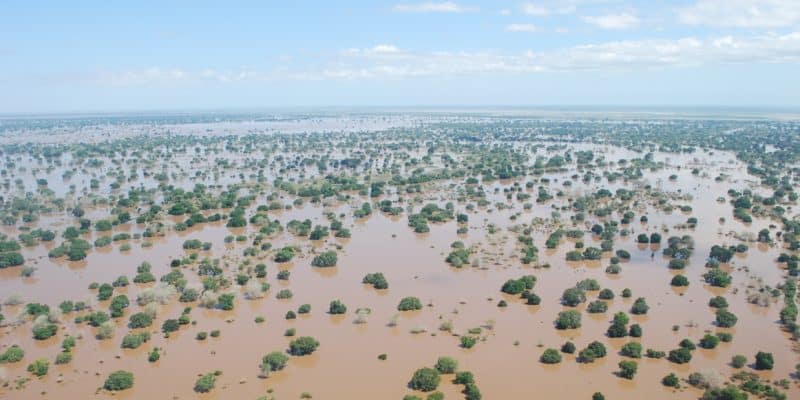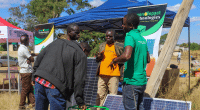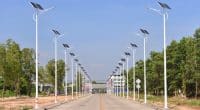Sweden is providing $19 million in funding to support people's resilience to climate shocks in Mozambique. The funding, which will be released over five years, supports a project implemented with technical support from the United Nations Capital Development Fund (UNCDF).
Sweden will support climate action in Mozambique over the next five years. Stockholm has committed USD 19 million over the next few years to the Local Climate Adaptive Living Facility (LoCAL) initiative, which is being implemented with technical support from the United Nations Capital Development Fund (UNCDF).
Implemented in 34 countries in Africa, Asia, the Caribbean and the Pacific, this facility helps local authorities in least developed and developing countries access the climate finance, capacity building and technical assistance they need to respond and adapt to climate change. Mozambique is among the African countries most vulnerable to natural disasters and climate shocks.
Investing in essential services
The East African country, which is bordered by 2,700 km of the Indian Ocean, is particularly affected by storms and tropical cyclones. Although these phenomena are natural, they are exacerbated by climate change. Indeed, Mozambique and Malawi have just been hit by Cyclone Freddy, which killed 136 people, injured 134 and left 16 missing. Freddy hit the continent after hitting the island of Madagascar in late February 2023.
Read also- MOZAMBIQUE: Deadly floods threaten food security in Boane
“The vulnerability of the coastal region of Mozambique to tropical cyclones, droughts, floods and salinisation of drinking water and agricultural land has steadily and severely increased over the years. Since the beginning of 2022, Mozambique has been hit by Tropical Storm Ana, Tropical Depression Dumako, Cyclone Gombe and, this week, Cyclone Freddy,” notes UNCDF. In this context, the funding provided by the Swedish government will allow investments in essential services, particularly in the health sector.
The LoCAL initiative also covers the education, water and sanitation sectors, as well as other essential services “selected by the communities themselves through a participatory planning process in close dialogue with local governments,” says UNCDF. In Mozambique, the LoCAL initiative has been implemented since 2014 and covers 33 of the country’s 154 districts. Under this programme, Sweden has already disbursed $13.8 million to Mozambique between July 2018 and December 2022.
Jean Marie Takouleu







